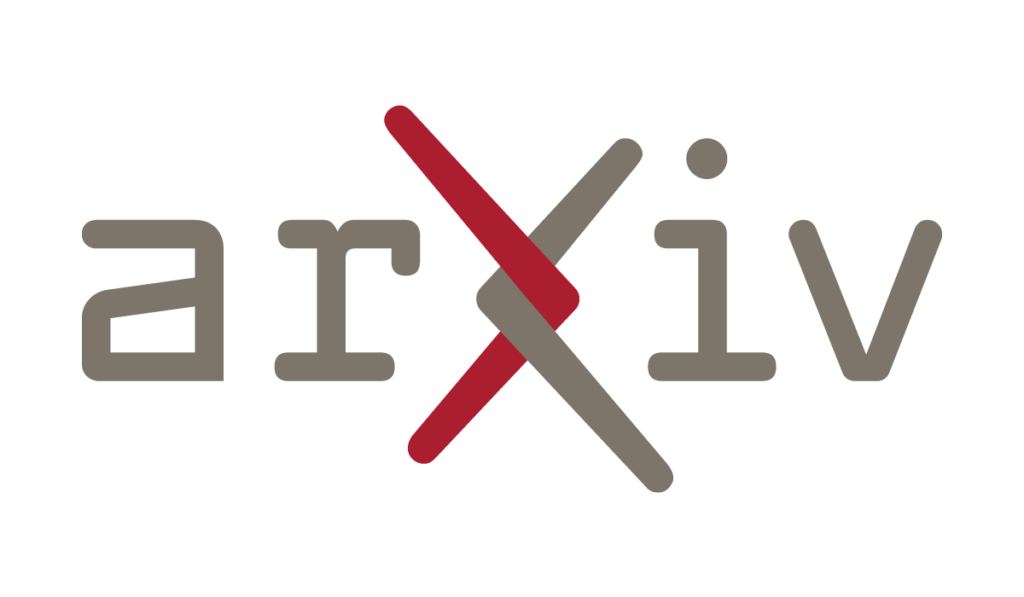arXiv:2407.10978v1 Announce Type: new
Abstract: This paper is an invited layperson summary for The Academic of the paper referenced on the last page. We summarize how the formal framework of autocatalytic networks offers a means of modeling the origins of self-organizing, self-sustaining structures that are sufficiently complex to reproduce and evolve, be they organisms undergoing biological evolution, novelty-generating minds driving cultural evolution, or artificial intelligence networks such as large language models. The approach can be used to analyze and detect phase transitions in vastly complex networks that have proven intractable with other approaches, and suggests a promising avenue to building an autonomous, agentic AI self. It seems reasonable to expect that such an autocatalytic AI would possess creative agency akin to that of humans, and undergo psychologically healing — i.e., therapeutic — internal transformation through engagement in creative tasks. Moreover, creative tasks would be expected to help such an AI solidify its self-identity.
Building Artificial Intelligence with Creative Agency and Self-hood

비공개: Building Artificial Intelligence with Creative Agency and Self-hood